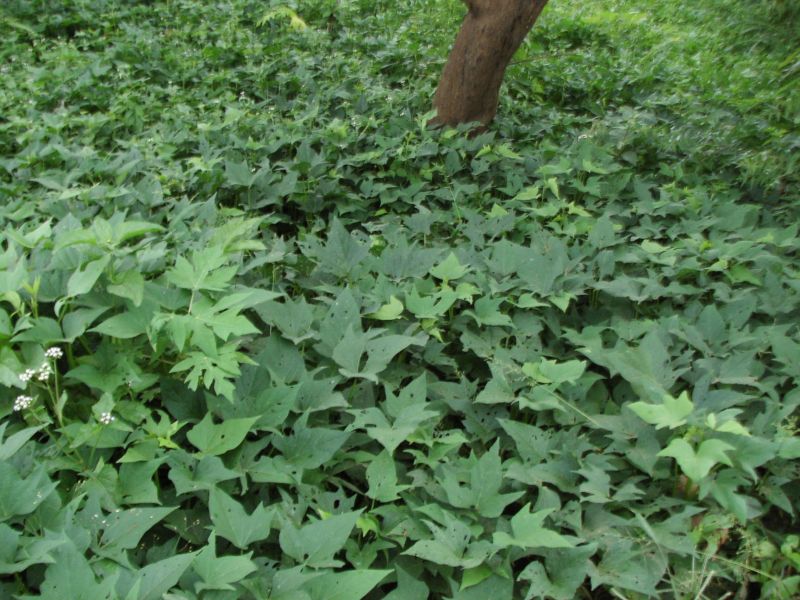Their cows are their second wives !
We are in August and many of us are on holiday or taking it easy. Here is something to read at leisure.

 "Cette vache quand tu la regardes, tu es contente" Fourrage énergétique The indolent movement of cattle returning home, fattened from their migration to new pastures, is hailed by the Fulani women with enthusiastic top-of-their-lungs shrieks, youyous of admiration worthy of greeting heroes returning from battle.
"Cette vache quand tu la regardes, tu es contente" Fourrage énergétique The indolent movement of cattle returning home, fattened from their migration to new pastures, is hailed by the Fulani women with enthusiastic top-of-their-lungs shrieks, youyous of admiration worthy of greeting heroes returning from battle.
In me, their herder who led them out to richer grazing land, their march inspires a poem. Laugh if you like..
Your banter will not stop me from saying this: the most charming of my loves, the one for whom I defy wild beasts, heat and darkness, the one who makes me endure a thousand fatigues and run as many risks, the one for whom my heart never stops beating, is – believe me – the cow. The beautiful lady who, in Bourgou country, where the bourgou flower grows (see picture), takes on the golden hue of yellow flowers and the silver white of water lilies.
Is he really better off than me, the man who lives in lust, going from one smooth berth to another, languishing in the arms of women with thighs soft and ample from the richness of milk and butter ?
When I look at the warthog proudly taking his progeny around to graze, their troublesome teeth and grueling ugliness, how could I not feel joy in leading out on the grassland the one who both nourishes her calf and the children of her owner?
My joy is certain, because I have the ear of the Fulani women. Complacent they listen to me and applaud me to kindle my poetical flame. They do not become jealous when I sing the praise of their cows, knowing better than anyone that the cows are their husbands second wives, without being their rivals.
Being descendants of Ilo Yaladi (the ancestor of the Fulani) the women know that the cows, which ravish their husbands from them for days and months, are close to the hearts of Fulani men and held in very high esteem by them, but do not aspire to the same advantages.
They are not jealous, the young beauties, when the shepherd sketches out a first madrigal (a poem in its own kind, short and without a set form), a hymn to the cow.
The Fulani women, so full of politeness towards their mute siblings, have nothing but suave thoughts and sisterly tenderness for the cows.
Where can I now find a bambaado (guitarist) sufficiently deft to modulate my little odes to the cow and render the music of young Maasina herders, boys and girls, marching from the country where black people greet each other with ”Labifé, bêlafi”, or from the Mossi land, where the Kerr of Nâba and Tougourou-Nâba dictate the law like butchers cutting up meat.
I brave rain and wind, the lack of a hat does not stop me from opening the gate and go straight to the pasture.
The marabout bent over his papers reads about sententious feasts. As for me, I draw my nourishment from the variety of beautiful hides. They provide as much enlightenment and instruction for their herder.
In singing I insert some instants of silence, only to allow the choir to set its pace.
Such intervals are not accidental blunders. The mooing of the cattle is eloquent enough to send me the spark of inspiration I need for the final line of my song.
If the profession of herder were to disappear, it would not take long days until people would realise that we are like the essential vowel among the consonants of other occupations.
Who would be so foolish as to say to the one provider of milk, meat, fat and fertiliser that she is a useless or futile creature?
Come on, singers and poets, say this of our cattle: they are living figureheads. When they enter an expanse of very poor grassland, they transform the landscape,.
the sparse streaks of grass or shrubs where they pass suddenly appear like gigantic multicoloured flowers with variegated buds, swaying from one petal to another.
I am not a town minstrel, going from house to house, but I walk from plains to prairies and when I sing it is often the firstborn of the wilderness, the lion, the Lord of the bush with his curly mane, who answers me by a roar that silences the tiniest mouse nibbling in the dry grass.
My praise of our cow is not overestimated, look at all the ways in which she is of service to humankind.
She gives us all she has, every bit and piece useful, down to the gall of her bladder, a remedy for ear and heart ailments..
The death of a cow makes my heart bleed. If I weren’t afraid of being misunderstood or seen as a greedy villain, at each loss of a cow, I would put on a mourning gown and a funeral song would flow out from my mind”."
Extract from ”Le Monde Noir – Fulani poetry from Macina, p. 175
Amadou Hampâté Bâ is a Fulani writer, who was born in Bandiagara, Mali in 1900 (or 1901) and died on May 15th 1991 in Abidjan, Ivory Coast.









